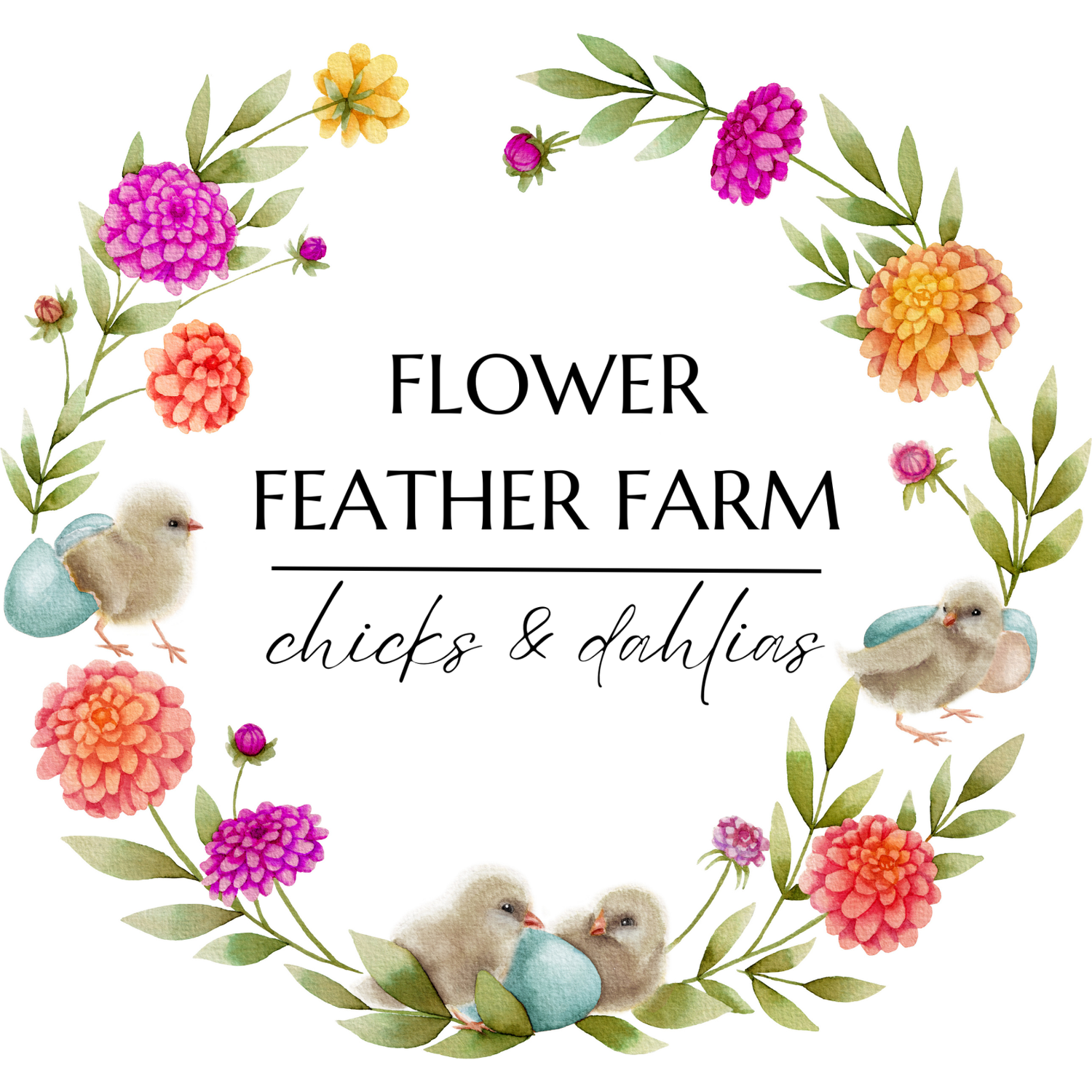FAQs
General
-
How to get in line for the chicks you want:
Take a look at the hatch schedule for the hatch dates of your desired breeds. If you scroll all the way to the bottom of that page you can see all the dates by breed.
Then go to the appointment setter and set an appointment for the day after hatch -- or as soon as possible after that -- to pick up your birds. In the notes section of your appointment requests tell me how many of which breed you are wishing for and what you would accept as substitutes.
As soon as I get your request I will put you in the queue for that hatch or those hatches. If the hatchlings are already allocated, I will reschedule your appointment to the next available hatch and let you know. If we don’t have as robust of a hatch as we were hoping for; you will go to the front of the line for the next hatch.
-
Unless you buy Summerdells or ISA Browns, expect some roosters. You can learn more about chicken sexing here.
You would be surprised how many cockerels find homes on the FB chicken pages. Take some good pics and write up catchy bios for them and post them on NW Washington Chicken Peeps, Whatcom Chicken Wonks, Skagit Poultry Peeps, Washington Rooster Rehome etc.
Be sure to tag #FlowerFeatherFarm in your post so I see it and can share it widely. We are usually able to rehome them this way.
If that fails, I have other suggestions for you and I will help you until the situation is resolved. Due to biosecurity concerns, I am not able to take them back onto the farm. -
If the bird or hatching egg or plant you want is not available, you can sign up to receive an email when I add some to the website inventory.
Here’s the thing though, once I send an email, you are removed from the waitlist, so if you don’t get the items into your shopping cart before they sell out (which they do in a hot minute if we are talking chickies) you are removed from the waitlist. Alas, I can’t change settings to alter that.
So, if you miss one round, sign up again for the next.
Incubating & Hatching
Loads of information in these blog posts: Incubating Tips and Hatching Tips.
Incubator Reviews: Brinsea and NurtureRight
Baby Chicks
-
Chicks are not sexed. You could get boys or girls. Learn more about Sexing Chicks.
-
Recommendations and suggestions will be found in this blog post: Now What?
-
I feed babies medicated chick starter for the first few days and for a few days before and after any housing changes.
When they are older, I ferment Natural Farm Feeds which I buy via Robin Walker’s Feed Buy Co-op. Fermenting doubles its volume and adds nutrition. I start offering fermented chicken starter as soon as they go outside.
When they are at point-of-lay or when they join the adult flock, I switch to fermented Natural Farm Feeds Broiler. More info on what to feed adult chickens here.
-
No, we do not vaccinate as the vaccines have a short shelf-life and are not sold in quantities that are reasonable for small farmers. Instead, I rely on good nutrition, healthy breeding stock, and robust biosecurity to keep my birds happy and healthy
-
I prefer to sell chicks in sets of three or more, so if there is a loss you are not left with a sad and lonely singleton.
-
No. I don’t ship chicks. Read why here.
-
I do this at cage cleaning time in the evening. Read the details here: Adding Little Chicks to the Flock.
-
More info here: When Can I Put My Chicks Outside, but here is the nutshell version:
In the shoulder seasons — spring and fall — I put them out at five weeks with a brooder plate in the coop. They run around outside and get cold and then go warm up under the heat source. This is exactly what they would be doing if they were raised by a hen: run around a bit and then go warm up.
In the summer they go out at four weeks, again with a brooder plate.
Rain? 6 weeks with a brooder plate on a thermocube (on at 35° and off at 45°). Frigid Arctic Outflow? 8 weeks with a brooder plate on a thermocube (on at 35° and off at 45°).
I would put them out sooner, but they fit between the fence holes if they are too little.
Eggs
-
When a hen lays an egg, she includes a bacteria-resistant outer covering on it, called the bloom. When we wash an egg, we remove the bloom and the egg is now vulnerable to bacteria, so it needs to be refrigerated to stay fresh.
In Europe, eggs are not washed and are always kept on the counter.
